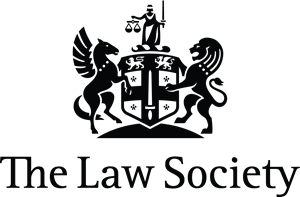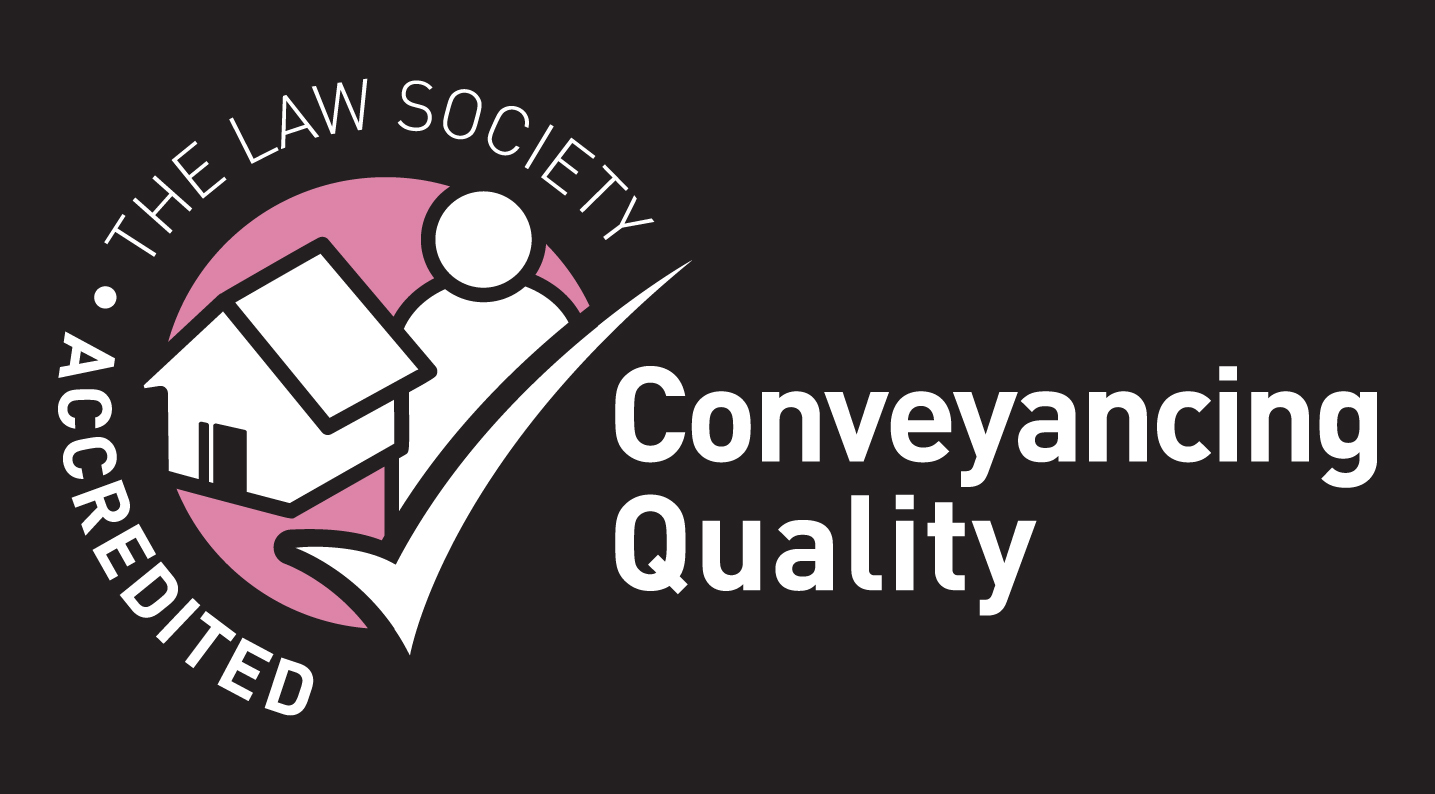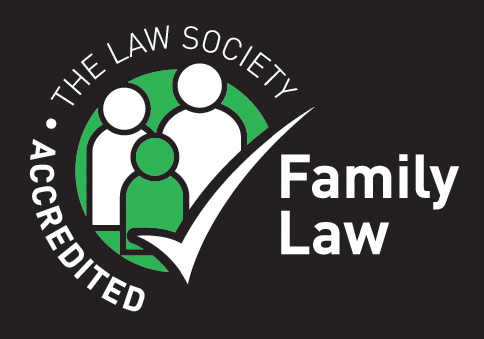A range of sophisticated speed cameras today dot UK’s roads and motorways. These cameras aim to identify speeding drivers.
If you have been flagged by one of these cameras as a speeding driver, you may face penalties. In some cases, you may even face outright disqualification. This is why it is important to seek expert legal help if you have been charged with a speeding offence.
Here at the London-based Adam Bernard’s solicitors, our speeding offence solicitors work with you to help you weigh your legal options. We carefully review your case to see how your interests may best be protected. Get in touch with us today to discuss your case with our speeding offence lawyers.
Call us on 0207 100 2525 for immediate help & assistance with your situation.
We’re here to help you in person, via the phone or online.
It is possible to contest and counter an FPN even after it has been issued. You will need the guidance of qualified speeding offence solicitors to see if you can effectively utilize this option.
In more serious offences, you may be asked to go to a magistrates’ court on a specific date. This is when the case is settled through the court.
If you are caught speeding and stopped by the police, you may get off with a verbal warning. This is the case only if your offence is not severe. If you are speeding only barely above the posted limit, for instance, the police may let you go with a warning.
However, if you were speeding significantly above the limit, you may be handed an FPN on the spot. Alternatively, you may also be asked to go to the court. The latter happens when your speeding offence is serious enough to qualify for a trial in a Magistrates’ Court.
A speeding offence essentially occurs when you violate a speeding law. These laws are defined in the Road Traffic Regulation Act 1984. Based on these laws, you are in violation if you:
Speeding is considered an offence in itself. The prosecution doesn’t need to prove that you intended to speed. Instead, the act itself is proof enough.
If you are caught speeding by a speed camera, you will receive a Notice of Intended Prosecution within 14 days. The authorities will also send you a Section 172 notice.
You are required to return the Section 172 notice within 28 days. In your response, you are required to apprise the authorities of the identity of the driver at the time of speeding.
In most cases, you will receive a Fixed Penalty Notice (FPN) for the speeding offence after you respond. The FPN requires you to submit a fixed fine of £100. At the same time, three penalty points are incurred on your driving license.
If you are asked to appear before a court for a speeding offence, this means that your case will be settled through trial. Speeding offence cases go to the Magistrates’ Court. You will typically need to appear at the court where the alleged offence took place.
If the alleged offence took place at a considerable distance from your home or office, you can apply with the court to have the case transferred to your local Magistrates’ Court. This can save you the hassle and inconvenience of travelling to a distant court.
If you have to appear before a court for a speeding offence, it is imperative to retain the services of qualified speeding offence solicitors. A professional solicitor will help you navigate the legal process smoothly and guide you on how best to protect your interests.
A common line of defence in speeding offence cases is to ascertain whether or not the laser devices used as speed cameras were operated correctly when reading your speed. In some cases, the officer operating the device may have calibrated it incorrectly.
This can be challenged by examining the officer’s testimony and other evidence available in the case. This line of defence is particularly viable if you were fairly sure that you weren’t driving above the speed limit.
The actual penalties for a speeding offence vary from case to case. They also depend upon several circumstances such as the presence of mitigating and aggravating circumstances. Here is a look at the different types of penalties you may face for speeding offences.
Fine
A court may impose a Level 3 or Level 4 fine for a speeding offence. A Level 3 fine is imposed if you were speeding on a road other than the motorway. The maximum fine at this level is £1000.
If you were found speeding on a motorway, the court will impose a Level 4 fine. The maximum fine at this level is £2500.
However, in the case of aggravating circumstances such as dangerous driving, there is no limit on the amount of fine the court may impose on you.
A speeding offence incurs penalty points on your driving license. Speeding offence penalty points typically range between 3 and 6. The court will look at the speed limits to determine the seriousness of your offence and then impose penalty points accordingly.
If you were speeding up to 30mph, for instance, in a 20 mph section of the road, you may face 3 penalty points. In contrast, if you were going 50 mph in a 20 mph area, the court may choose to impose the maximum penalty of 6 points.
A speeding offence can result in a driving disqualification. The court may choose to impose disqualification directly because of the seriousness of the offence. Alternatively, you may be disqualified through the ‘totting up’ procedure.
Under this procedure, you can be disqualified from driving if the total number of penalty points on your license totals 12 or more within the last three years.
A disqualification will effectively bar you from your driving privileges. This can make it challenging for you to perform everyday chores like dropping the kids at school or driving to the office.
Qualified speeding offence solicitors can help you plead with the magistrates to avoid disqualification by showing how you might face exceptional hardships on account of it.
Speeding often constitutes dangerous driving. If you are also charged with dangerous driving, you may face a stiffer set of penalties. In dangerous driving offences, a court may impose up to 11 penalty points. There is also no limit on the maximum amount of fine a court may impose in such a case.
In addition, you may also face a prison sentence for dangerous driving. If your speeding caused the death of another person, you may be sent to prison for up to 14 years.
Whether or not your offence contains aggravating circumstances, it is best to consult speeding offence lawyers at the earliest. Qualified motoring offence solicitors can help you grasp the seriousness of the charge and guide you on your best course of action. A good solicitor can also be immensely valuable in helping you negotiate milder penalties by volunteering for options like a speed awareness course.
Why Hire Our Speeding Offence Lawyers?
A speeding offence may seem like a minor charge. However, the sections above clearly demonstrate that the penalties for the offence can be very severe. You may face hefty fines, disqualification of your driving privileges, and steep insurance rates in the future.
This is why you must not take the charge lightly.
If you are charged with the offence, your best option is to consult qualified speeding offence lawyers at the earliest. This will help you understand the seriousness of the situation and explore your options.
Qualified motoring offence solicitors will advise you on whether or not you should plead guilty. If you get an FPN, driving offence solicitors will also guide you on whether you should pay the fine or contest the FPN.
It is possible to contest the charge by citing certain mitigating circumstances. You may also have the choice of opting for enrolment into a speed awareness program to avoid the more severe penalties. You can know and understand these options only with the help of experienced driving offence solicitors.
Here at the London-based Adam Bernard’s solicitors, we have a long history of helping clients facing speeding offence charges. We believe that everyone has a right to fair and robust defence. This is why our speeding offence lawyers diligently work to review and assess your case from all angles. The ultimate aim is to see how an effective defence may be shored up for you.
Get in touch with us today to discuss your case with our motoring offence solicitors.
Copyright © 2023 Adam Bernard Solicitors. This Firm is Authorised & Regulated by the Solicitors Regulation Authority SRA NO: 598171, 656730.





